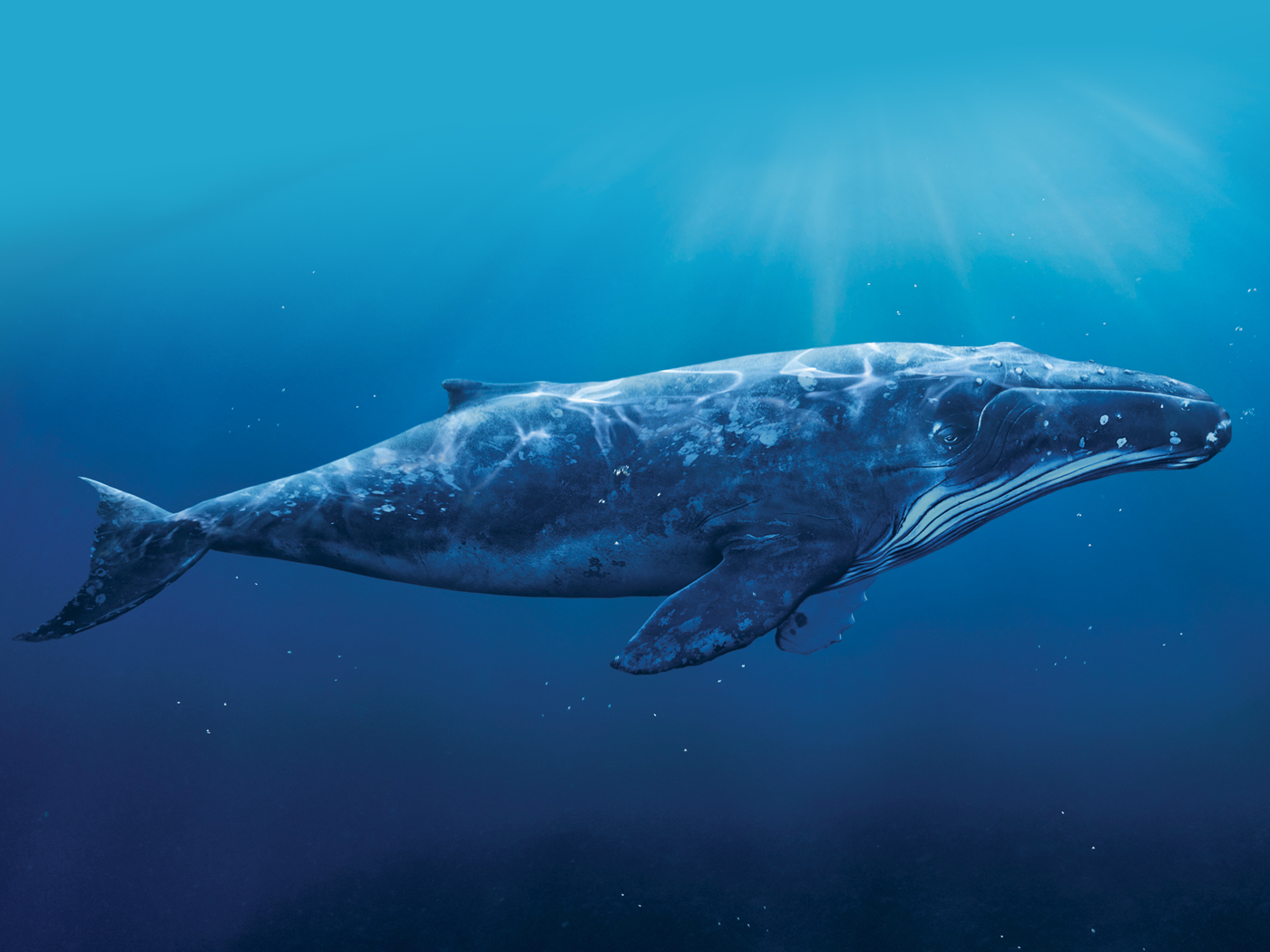Evolutionists are desperate to find genomic evidence proving Darwinian ideas about natural selection and evolution. One of the chief areas where they have searched for such evidence is in the canine (dog) genome, by studying the DNA of both domestic and wild dogs.
The basic paradigm describing the domestication of dogs is typically proposed as a two-phase process.1 In the first part, it is believed that dogs were originally taken from the wild as wolves by early humans who selected and bred different varieties that were useful for companionship, hunting, and protection. In the second stage, which has continued up to this time, dogs allegedly co-evolved with humans, who became their caregivers. During this stage, humans developed the vast array of modern dog breeds that show remarkable variability in traits for personality and appearance.
Related to this whole two-stage paradigm is the hypothesis that the genes associated with the digestive system of dogs would have evolved over thousands of years to reflect a change to a more human-oriented diet. Specifically, this is thought to be the case for dogs in modern human populations that eat high levels of carbohydrates found in grains and vegetables. Evolutionists believe that when humans first domesticated wolves these canines were hunters and therefore primarily meat eaters. Then humans and dogs, over time, became more dependent on the high-starch foods of agriculture—providing a type of “selective pressure” on the dog genome.
One recent study seemed to support the idea that post-domestication selection altered the dog genome. Researchers concluded that, compared to wolves, a variety of regions in the dog genome showed evidence of changes in genes associated with the digestion of carbohydrates (starches).2 With some digestive enzymes, such as amylases that encode enzymes that break down starch, the number of copies of those genes can vary in the dog genome. In particular, researchers in this study reported that modern dogs, which would benefit from more amylase genes because of their high-starch diet, had more copies of them in their genome compared to wolves.
However, this initial study was soon debunked by additional, more comprehensive research that examined a much greater number of wolf and wild dog genomes.3 The researchers discovered that the copy number of amylase genes was actually not fixed or stable across diverse dog, wolf, and wild dog genomes—but instead varied widely. In fact, as the data set for dog genomes has increased, it is now apparent that no consistent pattern for dietary evolution exists at all. The evolutionary lingo for such an observation is that the patterns are now called “complex” instead of showing evidence for selection.
Several evolutionists recently published a review of these two research papers, stating, “These results suggest a more complex pattern of amylase copy number variation in dogs and wolves that reflects our long-standing relationship with dogs, but may not have resulted during early domestication.”4 The use of the term “complex pattern” means that no evolutionary trends could be detected for these genes.
The concept of natural selection has once again lost steam as a viable model proving evolution—even within a single group of interfertile animals. And a recent supporting argument for it that seemed at first to be backed by hard science has now fallen in the wake of the genomics revolution.
References
- Wang, G. et al. 2013. The genomics of selection in dogs and the parallel evolution between dogs and humans. Nature Communications. 4 (5): 1860.
- Axelsson, E. et al. 2013. The genomic signature of dog domestication reveals adaptation to a starch-rich diet. Nature. 495 (7441): 360-364.
- Freedman, A. H. et al. 2014. Genome Sequencing Highlights the Dynamic Early History of Dogs. PLOS Genetics. 10 (1): e1004016.
- Larson, G. and D. G. Bradley. 2014. How Much Is That in Dog Years? The Advent of Canine Population Genomics. PLOS Genetics. 10 (1): e1004093.
* Dr. Tomkins is Research Associate at the Institute for Creation Research and received his Ph.D. in genetics from Clemson University.
















